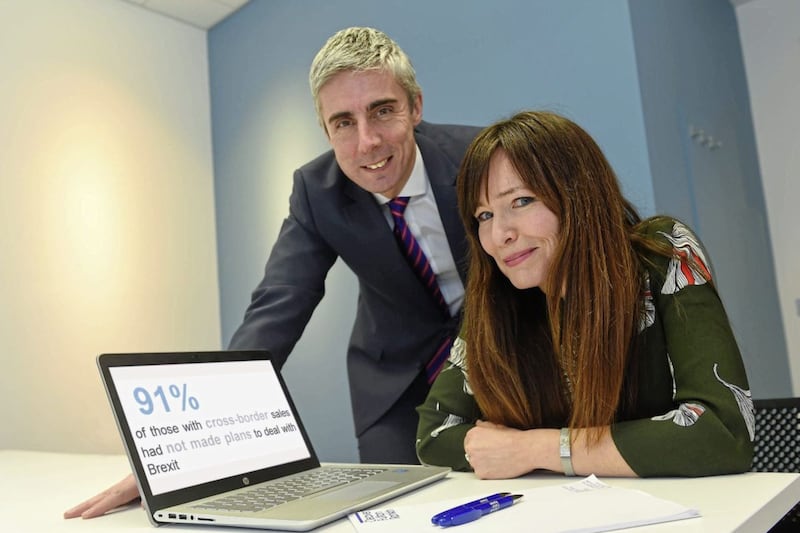WE now live in a ‘post-fact’ world where ‘fake news’ is widespread, brought into the spot light during the US presidential election and the part that fake news combined with social media may have played in influencing voters.
But businesses the world over have had to contend with 'fake news’ for years, with the growing popularity of on line reviews, which customers routinely look up and rely upon.
Everyone, including businesses, has the right to protect their reputation, so what happens when someone posts a false or fake review, potentially causing reputational damage, and risking future work opportunities.
Expressing an honest opinion is fine. False reviews that are malicious, either by a disgruntled customer or a competitor, are not. Competitors have been known to pay for reviews to enhance reputations and disparage the competition.
Even in the days before the internet and social media, Winston Churchill almost prophetically said: "A lie gets halfway round the world before the truth gets a chance to put its pants on.”
A business has several options. It can ignore the review and hope it is soon forgotten or outweighed by positive reviews. Alternatively, it can request the review website to take down the post. In practice, this is extremely difficult unless a post is manifestly false because websites favour freedom of expression and would regard this as a dispute to which they are not party.
A business can also pursue a claim in the courts under the laws of defamation and malicious falsehood. Defamation is a published false statement of fact which has or will lower the reputation of the claimant in the minds of right thinking members of society.
Malicious falsehood is a false statement made maliciously that causes damage to the claimant. Malicious means the defendant either knew the statement was not true or did not take proper care to check. The claim will be for an injunction to remove the post and prevent further posts, damages and costs.
The practical difficulty is usually identifying the defendant. Posts are made anonymously or using aliases. The first step is to get the website to reveal the defendant’s true identity, often requiring court intervention.
Whilst a court may vindicate a business’s reputation, the process is expensive and there is no guarantee the business will be able to receive costs or damages.
In 2015 the England and Wales High Court ruled in favour of a firm of solicitors in relation to false reviews on Google Maps. The court did not accept the defendant’s that his Google account could have been hacked, and a third party could have made the review. The law firm was awarded £50,000 in damages.
So, if a business is forced down this route, the courts have made it clear that there is a remedy available for false reviews.
:: Michael King is a director in Belfast law firm Cleaver Fulton Rankin. He is a commercial litigator and certificate data protection practitioner. He specialises in intellectual property law and information governance to include data protection issues.







